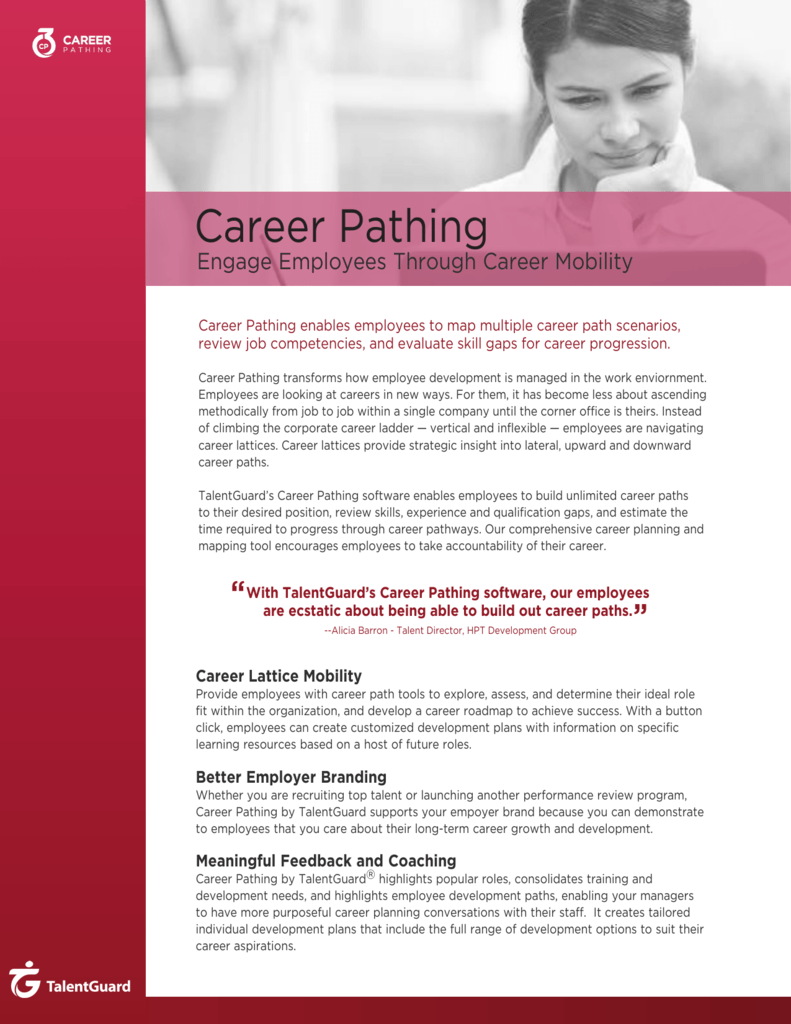
Long path tool company how to#
Nestle communicated the hazard in its marketing messages to new mothers-rather than trying to educate them about how to ensure their babies’ overall nutrition.Managerial: “It’s the business, stupid.”#Give managers responsibility for the social issue and its solution, and integrate responsible business practices into daily operations.#To mitigate medium-term erosion of economic value and achieve longer-term gains.#Nike realized that complying with agreed-upon standards in its global supply chains would be impossible if it didn’t also change its daily operations. Stage#What Companies Do#Why They Do It#ExampleDefensive: “It’s not our job to fix that.”#Deny existence of problematic practices, or responsibility for addressing them.#To defend against attacks that could affect short-term sales, recruitment, productivity, and the brand.#Royal Dutch/Shell denied its responsibility for emissions created by the production and distribution of its energy products.Compliant: “We’ll do just as much as we have to.”#Adopt a policy-based compliance approach as a cost of doing business.#To mitigate the erosion of economic value in the medium term because of ongoing reputation and litigation risks.#Nestle came under fire for the health dangers of its infant formula: activists claimed that mothers in developing countries would mix the powder with contaminated water. How can your organization become a good corporate citizen? Zadek suggests that every company must navigate through these stages: Toward Corporate Responsibility No longer an object of civil activism, it’s a key participant in major civil society initiatives. How to do well and do good? Zadek recommends this approach: shift your mind-set from safeguarding your reputation to reinventing your business in ways that make a real difference to society.īy moving beyond defensiveness and compliance, Nike ultimately became a leader in progressive business practices. But these firms had little auditing experience, and protests persisted.Īs Nike discovered, getting defensive or merely complying with public demands for responsible practices won’t protect your company’s brand- or solve social ills.

Take Nike: When protesters railed against sweatshop conditions at its overseas suppliers, Nike claimed, “It’s not our job to worry about other countries’ labor conditions.” Later it grudgingly hired high-profile firms to verify enforcement of labor codes. When it comes to corporate social responsibility, most companies don’t become model citizens overnight. As he outlines this evolution, Zadek offers valuable insights to executives grappling with the many challenges associated with building a culture of responsible business practices. He details Nike’s arduous trek through these stages - from the company’s initial defensive stance, when accusations about working conditions arose, all the way to its engagement today in the international debate about business’s role in society and in public policy. Organizations learn in unique ways, Zadek contends, but they inevitably pass through five stages of corporate responsibility, from defensive (“It’s not our fault”) to compliance (“We’ll do only what we have to”) to managerial (“It’s the business”) to strategic (“It gives us a competitive edge”) and, finally, to civil (“We need to make sure everybody does it”). In this article, Simon Zadek, CEO of the UK-based institute AccountAbility, describes the bumpy route Nike has traveled to get to a better ethical place, one that cultivates and champions responsible business practices.


 0 kommentar(er)
0 kommentar(er)
